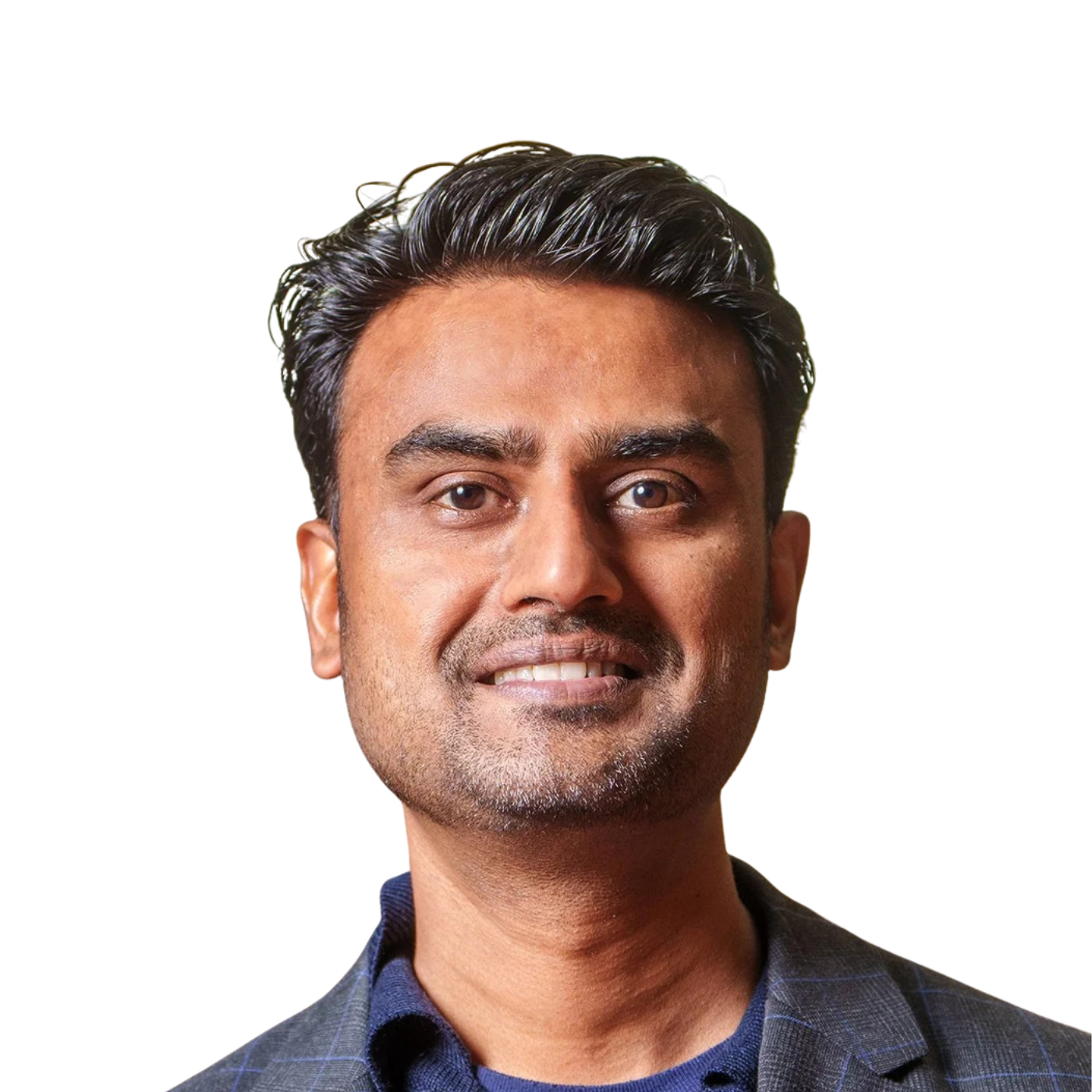Show Notes
"If you're not fearful, what is something that you could do? If you're not worried about just publications or things, what could you do?"
In part two of our four-part series with Eswar Iyer, Co-Founder and CEO of Aikium, Eswar shares how hands-on problem-solving and a commitment to meaningful relationships shaped his path from graduate student in India to builder at Harvard’s Wyss Institute.
Eswar also reflects on the role of mentorship, serendipity, and neurodiverse teams in driving innovation, and offers an inside look at the vibrant, startup-inspired culture of the Wyss and Church Labs—where breakthroughs in automation and multiplexing transformed genomics research.
Key topics covered this episode:
- Turbocharging lab research with DIY automation
- How humility, gratitude, and giving back create opportunity
- Mentorship and connection as catalysts for discovery
- Inside the startup-inspired culture of Wyss & Church Labs
- Breaking “Moore’s Law” with multiplexing technologies in genomics
Prefer video? Watch the full episode on YouTube:
Resources & Articles
- Moore’s Law: https://en.wikipedia.org/wiki/Moore%27s_law
- Multiplexing in DNA Sequencing: https://arep.med.harvard.edu/pdf/Church88.pdf
- ImageJ: https://imagej.net/ij/
- Laser Capture Microdissection: https://pubmed.ncbi.nlm.nih.gov/17406286/
Organizations & People
- The Wyss Institute at Harvard: https://wyss.harvard.edu/
- George Church Lab, Harvard Medical School: https://arep.med.harvard.edu/gmc/
- Genentech: https://www.gene.com/
- Don Ingber: https://www.linkedin.com/in/donald-ingber-m-d-ph-d-4a47a5318/
- Lance Liotta: https://www.linkedin.com/in/lance-liotta-5788559b/
- Virginia Espina: https://www.linkedin.com/in/virginia-ginny-espina-187baa7a/
- Kevin Kit Parker: https://www.linkedin.com/in/kit-parker-a18a1b162/
- George Church: https://www.linkedin.com/in/george-church-2b86301/
- Joe Davis: https://www.linkedin.com/in/joedavis5/




